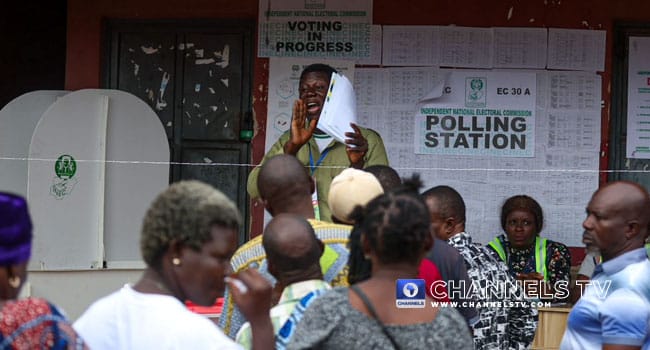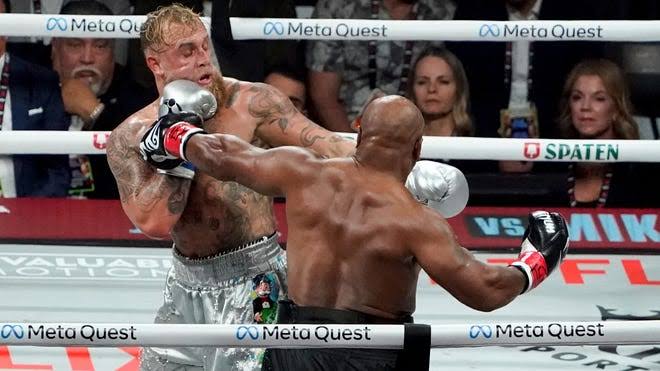- A bill intended to establish a foreign exchange market in Nigeria was defeated by the Nigerian senate
- According to Senator Sani Musa, the proposed law would cover related topics such as controlling and overseeing market activities
- The new bill is expected to give CBN power to establish the basic exchange rate for the purchase and selling of forex
Legit.ng journalist Zainab Iwayemi has over 3-year-experience covering the Economy, Technology, and Capital Market.
The Nigerian Senate rejected a bill that aimed to create a foreign exchange market in the country.

Source: UGC
The bill, which is being supported by Senator Sani Musa (APC-Niger East), the chairman of the Senate Committee on Finance, also aims to establish regulations for the management, oversight, and supervision of transactions carried out in the foreign exchange market.
Titled "the Foreign Exchange (Control and Monitoring) Bill, 2024 (SB. 353),” the bill was read aloud for the first time on Tuesday, February 20, 2024, and is
According to Musa, who led the debate on the bill, the foreign exchange (Monitoring and Miscellaneous Provision) Act, Cap. F34, laws of the Federation of Nigeria, 2004, is intended to be repealed.
According to Musa, the proposed law would include similar subjects in addition to regulating, monitoring, and supervising market activity.
He claimed that by making an effort to maintain an equilibrium in the balance of foreign payments and speed up international transactions, it would also contribute to the healthy growth of the national economy.
He said: “The bill seeks to stabilize the value of currency by ensuring the liberalization of foreign exchange transactions to maintain an equilibrium of balance of international payments.
“It will also stabilise the value of currency by ensuring the liberalization of foreign exchange transactions and of other foreign transactions by revitalizing market functionality.
“The bill attempts to expand Section (1) of the existing Act to incorporate three new provisions to make for clarity and to empower the Central Bank of Nigeria to administer, control and manage all dealings and transactions in relation to foreign exchange matters.
“The newly introduced clauses will enable the CBN to determine the basic exchange rate of purchase and sale of foreign exchange.
“Clause 6 of the bill introduces New Sub-clauses (2), (4) and (5) which require authorised dealers to render returns to the CBN on sources of foreign exchange in excess of USD 10,000 and utilisation of same.
“It also requires authorized dealers obtain prior approval of the CBN when seeking to import foreign currency notes.
“Part Ill of the bill makes elaborate provisions for the grant of a licence to carry on business dealings in foreign exchange. In this part, provisions were made for refusal of licence, suspension or revocation of licence, review and appeal.
“Clause 18 (1) (a) and (b) were added to expand the scope of dealers in the market and where funds are purchased from the bank. The market rate may be subject to rules and regulations prescribed by the bank.”
Musa added that with the bill, the operation of domiciliary account shall be as prescribed by the bank and that the powers of the CBN have been widened to prescribe how foreign exchange may be accepted for the payment for goods and services in Nigeria.
The bill when passed into law, according to Musa, will contribute to sound development of national economy, facilitate foreign transactions and most importantly, and stabilize the value of the currency by ensuring the liberalization of foreign transactions and revitalizing market functionality.
Most senators in their various contributions expressed the fears that a fresh legislation seeking to monitor or control the activities of the foreign exchange market apart from what the CBN was doing, could be counter-productive.
The senator rejected the Senate President Godswill Akpabio's request for Musa to withdraw the proposed legislation so that more discussions could take place.
The majority of federal MPs voted against Akpabio's request for a voice vote to decide whether to approve or reject it for a second reading.
CBN report shows $9 billion drop in forex demand
Legit.ng reported that the demand for foreign exchange by individuals and companies engaged in importation and other forex-related activities decreased by 42% year-on-year.
The total sectoral utilization of foreign exchange indicated that 19 sectors and services received $21.12 billion in forex allocations in 2023.
This amount represents a 41.9% decline, or $8.87 billion, compared to the $29.98 billion allocated in 2022.
Source: Legit.ng
















 English (US) ·
English (US) ·